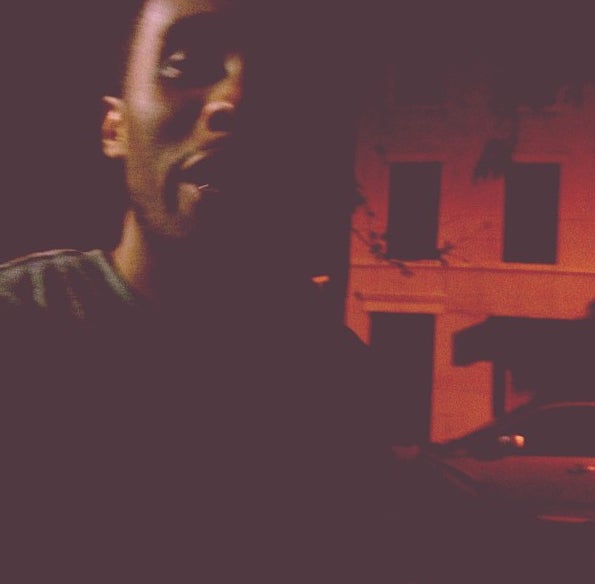
This was supposed to be an essay about Trayvon Martin and how ineffective social media campaigns have become in recent years. But it's July 14, just hours after the verdict has been rendered, and I’ve got other things on my mind.
George Zimmerman, the 29-year-old neighborhood watch volunteer who shot Martin, a 17-year-old black teen, was found not guilty. Zimmerman, a Sanford, Florida resident, was acquitted of murder and manslaughter charges by a jury of six women. Martin was unarmed at the time of his death.
That we have arrived at such a crossroads is not surprising. Deep down maybe I always knew Zimmerman would be found innocent and Martin found guilty. The value of young black men in America has never equated to much—if anything at all.
Over the course of the last three weeks, as the The State of Florida vs. George Zimmerman played out before a national audience, a variety of social protests flooded Facebook and Twitter. I was skeptical of each one. Every time I’d scroll through my Instagram feed I’d see profile pics blacked out. I was cynical—and maybe even a bit angry. Why were we going silent and not mobilizing?
I came across a friend’s Instagram Video that shared a similar sentiment. In it, a black hoodie is splayed across a wooden floor with a notecard placed atop. “Why are we blacking out instead of speaking out?” one card read. It was as much a question as it was an indictment. Over and over and over the image replayed in my mind.
That we have arrived at such a crossroads is not surprising. Deep down maybe I always knew Zimmerman would be found innocent and Martin found guilty. The value of young black men in America has never equated to much—if anything at all. Cord Jefferson’s words come to mind: “It is a complicated thing to be young, black, and male in America.”
Complicated. That’s an apt way—maybe the only way—to frame the relationship Trayvon, Cord, myself and other black men have to the American narrative. It’s what Jelani Cobb referred to as “the enduring and toxic way that race stains the most basic interactions.” So, yes, complicated.
But even if we were to remove race from the case altogether, the facts remain clear as day. Martin was unarmed. Zimmerman shot Martin in the dark of night. There were no witnesses. That any man is able to shoot a young boy—black, Latino, Asian, white—and get off free of charge is a wonder.
Late Friday night, before the verdict was announced, I sat with two friends in their Crown Heights apartment as we discussed the case. I told them how misguided I thought social media campaigns had become, how I felt there was more we could be doing.
“Technology hasn’t caught up with policy,” my friend said. “It’s about, How can we be impactful and still contribute to political rhetoric, how can we translate this information into social change? Social media allows people to voice opinion, to shape and challenge how others see the world.”
Maybe she’s right.
Maybe every bit of mobilization counts. Even if it comes in the form of 140 characters, reaching 200 people is better than reaching no one.
Maybe I was wrong.
Maybe I’m a little less cynical today.
Maybe none of it matters at all.
Maybe there was nothing we could have done to correct this wrong in the first place.
Maybe we were foolish to think Zimmerman would be found guilty.
Maybe next time will be different.
Maybe it won’t.
I’ve been thinking a lot about Jay-Z’s marketing campaign lately and how it relates to what the Trayvon Martin case represents: racial profiling and the continued assault on black bodies in America, about getting justice for a young black boy—all black boys—murdered on our streets. In the buildup to last week’s release of Magna Carta Holy Grail, the rapper-CEO popularized the #NewRules hashtag. It is a belief that we create and define the rules of the game from here on out.
I wish it were that simple.

